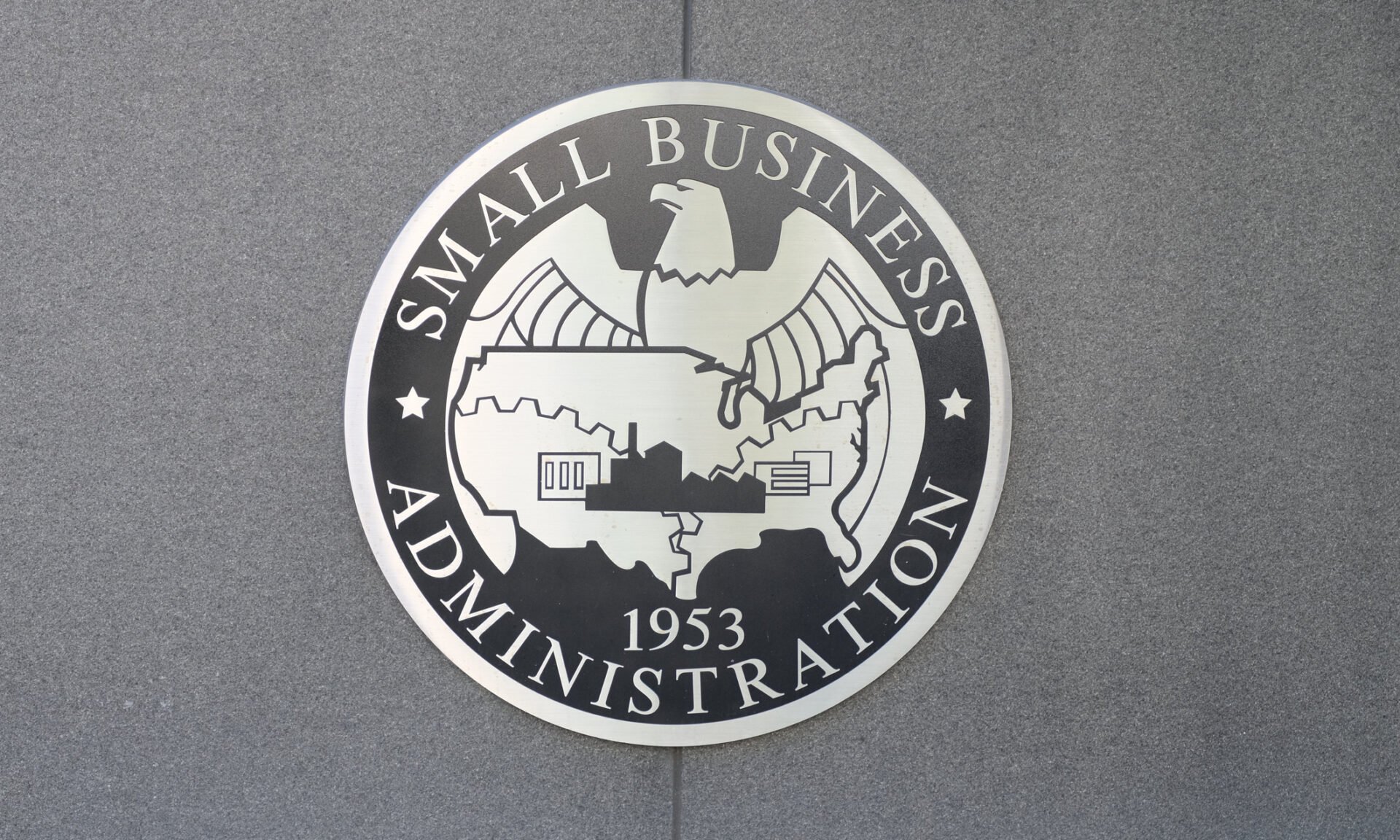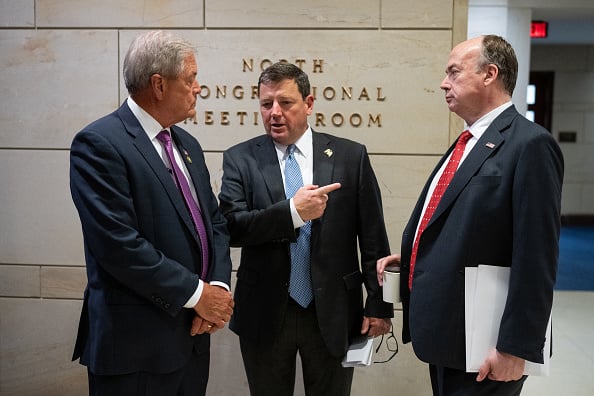Financial infidelity may not make headlines like cheating with a coworker or secret late-night texts, but it can be just as damaging (if not more so) in a committed relationship. At its core, financial infidelity happens when one partner withholds, lies about, or actively deceives the other regarding money. And it’s more common than most people think.
From secret credit cards to undisclosed debts, financial cheating can drive a wedge between couples that often leads to resentment, broken trust, and, in some cases, divorce. But what makes this type of betrayal especially insidious is how easy it is to hide and how long it can go unnoticed. Let’s break down the seven most common ways couples conceal their financial secrets from each other.
1. Opening Secret Bank Accounts
One of the most classic and accessible ways people commit financial infidelity is by opening a bank account that their partner doesn’t know about. It may start as a “just in case” fund or a way to squirrel away some spending money, but secrecy is the key ingredient that turns a harmless account into a betrayal.
These hidden accounts often serve as the foundation for other financial deceptions. Some people use them to stash away windfalls, funnel income from side hustles, or simply create a financial exit strategy in case the relationship goes south. Regardless of the intent, secrecy erodes trust—and discovering a hidden account can feel like finding out your partner has been living a double life.
2. Lying About the Cost of Purchases
Downplaying how much something costs is an everyday form of financial deception, but over time, it adds up, both financially and emotionally. A $200 pair of shoes becomes “only $60 on sale,” and a lavish weekend getaway gets framed as “a cheap last-minute deal.”
The problem isn’t just the lie about the cost. It’s the underlying manipulation and the pressure it puts on the relationship. One partner might feel guilt, shame, or fear of judgment, while the other is left with an incomplete picture of their shared financial reality. Over time, this erodes transparency and damages the sense of financial partnership couples need to thrive.
3. Hiding Debt or Poor Credit History
This is one of the most serious and damaging forms of financial infidelity. Some people carry old debt into a relationship and never reveal it. Others rack up new debt on credit cards, payday loans, or even gambling sites without telling their partner.
What makes this particularly dangerous is that debt has long-term consequences that can derail shared goals like buying a home, having children, or retiring comfortably. A hidden $20,000 in credit card debt doesn’t just affect the secret-keeper. It affects both partners’ financial futures. Worse, when debt is discovered after years of concealment, it can feel like a betrayal that’s impossible to forgive.
4. Stashing Cash or Hiding Income
Some partners hide extra income from freelance gigs, side hustles, or bonuses at work and stash that money in cash or a separate account. They may justify it as “personal money” or an “emergency fund,” but if it’s kept secret, it qualifies as financial infidelity.
The deception here lies not only in hiding the money itself but in the implication: “I don’t trust you enough to share this with you.” That’s a hard pill to swallow in a relationship built on supposed mutual trust and transparency.
In extreme cases, one partner may even skim money from joint accounts or round up ATM withdrawals to pocket extra change. These micro-deceptions might seem small at first, but they set a dangerous precedent.
5. Secretly Lending Money to Friends or Family
While it’s noble to want to help others, lending money behind your partner’s back, especially from joint funds, is a serious breach of financial trust. Some individuals loan money to family members or friends without ever telling their partner, either because they fear disapproval or because they believe it’s “none of their business.”
But in a committed relationship, especially one where finances are intertwined, giving money away affects both people. When the other partner eventually finds out, they may not only feel financially blindsided but emotionally betrayed, especially if the borrower never repays the loan.

6. Using “Ghost” Credit Cards
Ghost credit cards are those opened in one partner’s name but kept completely secret from the other. These cards are often used for personal spending, online shopping sprees, or even supporting a lifestyle that the person can’t afford.
This is one of the easiest forms of financial infidelity to conceal in the short term. Statements go to a separate email or P.O. box, and payments are made with hidden funds. But when ghost cards eventually surface, it’s not just the debt that’s devastating. It’s the realization that your partner has been living outside the boundaries of your agreed-upon financial reality.
7. Manipulating or Withholding Financial Information
Sometimes, financial infidelity isn’t about spending. It’s about control. One partner may withhold passwords to financial accounts, hide financial statements, or refuse to discuss budgeting altogether. This type of secrecy often signals a deeper power imbalance and can border on financial abuse.
By controlling all the information, the deceptive partner keeps the other in the dark and, in some cases, dependent. Even in less extreme forms, this type of manipulation erodes the spirit of financial partnership and mutual respect.
Refusing to be transparent about income, investments, or liabilities robs the relationship of a foundation of trust and undermines the ability to plan a future together.
Why People Do It: The Psychology Behind Financial Infidelity
Understanding why financial infidelity happens is key to preventing it. Often, it’s driven by shame, fear of judgment, or a desire for independence. Some people grew up in households where money was a source of conflict, so they learn to hide or manage finances in secret. Others may simply lack basic financial literacy or feel overwhelmed by debt.
Still, these reasons don’t excuse the behavior. Communication is always the healthier alternative to secrecy. In strong relationships, partners can and should be able to discuss money without fear of retribution or ridicule.
Rebuilding Trust After Financial Betrayal
When financial infidelity comes to light, it can feel like the ground has shifted under your feet. However, recovery is possible if both partners are committed to honest communication and real accountability.
Start with a calm, open conversation. Ask questions, but don’t immediately jump to accusations. Consider working with a couples therapist or financial advisor to create a path forward.
Transparency tools, like shared budgeting apps, regular “money dates,” and full disclosure of debts and assets, can help rebuild trust. But the most critical step is a mutual agreement: no more secrets.
Money Shouldn’t Be a Dirty Secret
Relationships are hard enough without secret bank accounts, hidden credit cards, or deceptive spending habits getting in the way. Financial infidelity isn’t just a money problem—it’s a trust problem. The more open and honest you are with each other, the stronger your relationship will be.
Want to avoid the hidden dangers of financial betrayal? It starts with one conversation.
Has financial infidelity ever played a role in one of your relationships or someone you know? How did they deal with it?
Read More:
Quality Financial Time: Here’s How Much Time A Couple Should Spend Reviewing Their Finances
Marital Choices Equal Financial Choices: 8 Ways Your Spouse Can Either Make or Break You Financially
Riley is an Arizona native with over nine years of writing experience. From personal finance to travel to digital marketing to pop culture, she’s written about everything under the sun. When she’s not writing, she’s spending her time outside, reading, or cuddling with her two corgis.


























